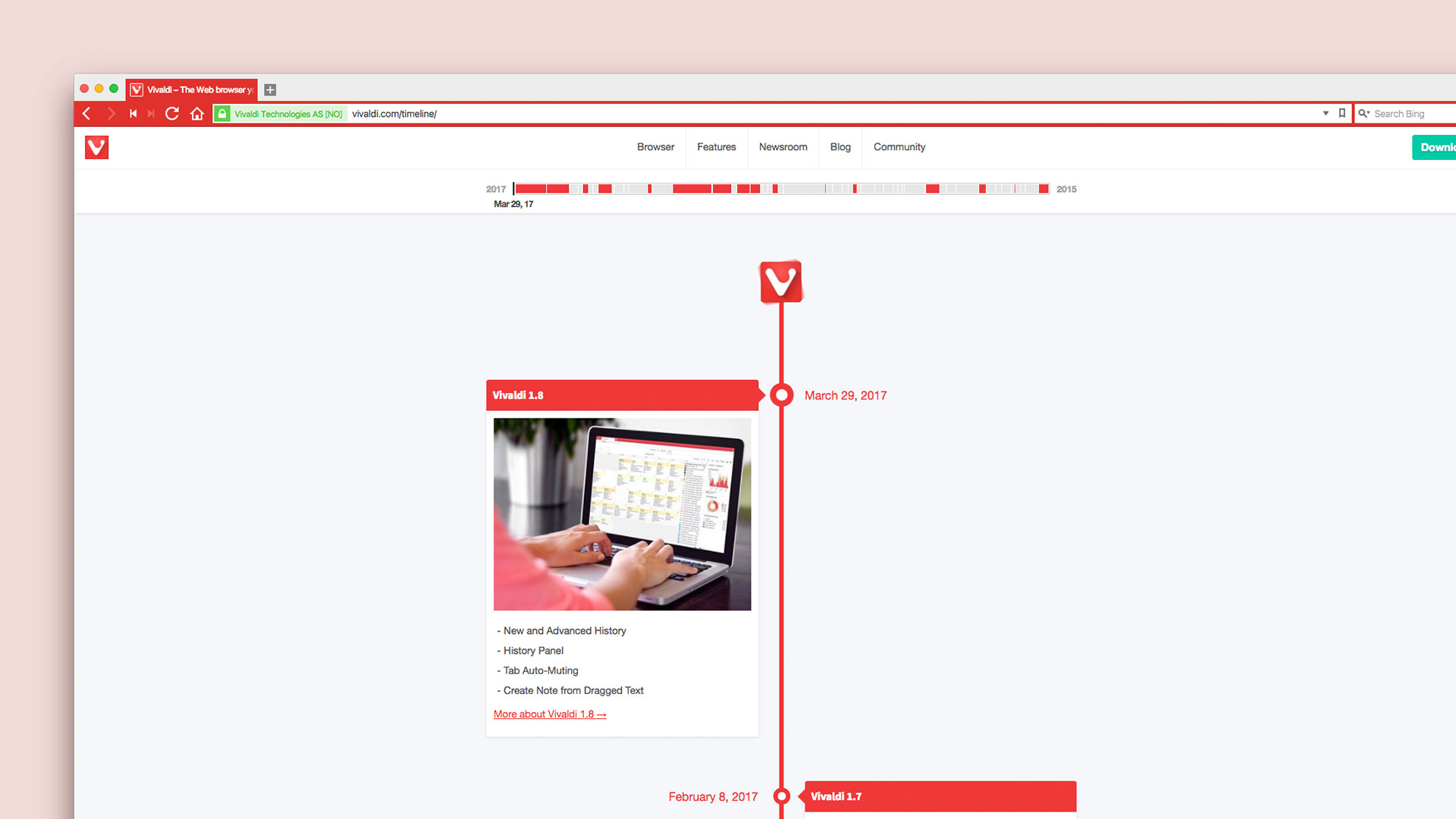There’s something magical about the music of Antonio Vivaldi that continues to resonate with audiences centuries after his passing. Born on March 4, 1678, Vivaldi’s birthday marks not just the birth of a composer, but the arrival of a revolutionary figure in the world of classical music. This Italian virtuoso violinist and composer left an indelible mark on the Baroque era, and his influence is still felt today. So, what makes Vivaldi so special? Let’s dive into the story of a man whose music continues to inspire millions.
Imagine a world without "The Four Seasons." Sounds bleak, right? Vivaldi’s masterpiece has become a timeless classic, and it’s hard to think of classical music without his name coming to mind. His compositions are more than just notes on paper; they’re an emotional journey that transports listeners to another time and place. And it all started with his birthday, a day that changed the course of music history forever.
Vivaldi’s legacy extends beyond his compositions. He was a teacher, a priest, and a pioneer in the world of opera. His life was as colorful as his music, filled with highs and lows that shaped his creative genius. As we celebrate Vivaldi’s birthday, we’re reminded of the incredible impact one person can have on the world of art and culture. Let’s explore the life, music, and enduring legacy of this Baroque maestro.
Table of Contents
- Biography: The Man Behind the Music
- Early Life and Influences
- Musical Career: From Violinist to Composer
- Famous Works: Vivaldi’s Masterpieces
- The Baroque Style: Vivaldi’s Contribution
- Vivaldi’s Birthday: Celebrating the Maestro
- Opera and Theater: Vivaldi’s Other Passion
- Legacy: Vivaldi’s Impact on Classical Music
- Modern Influence: Vivaldi in Popular Culture
- Conclusion: Why Vivaldi Matters
Biography: The Man Behind the Music
Antonio Vivaldi was born in Venice, Italy, on March 4, 1678, to Giovanni Battista Vivaldi, a professional violinist, and Camilla Calicchio. His early life was shaped by his father’s musical influence, and it wasn’t long before young Antonio picked up the violin and began showing signs of prodigious talent. But Vivaldi wasn’t just a musician; he was also ordained as a priest in 1703, earning him the nickname "Il Prete Rosso" or "The Red Priest" due to his fiery red hair.
Despite his religious calling, Vivaldi’s passion for music never waned. He spent much of his life composing, teaching, and performing, leaving behind a vast body of work that includes over 500 concertos, operas, and sacred music. His contributions to the Baroque era were groundbreaking, and his innovative approach to composition set him apart from his contemporaries. Let’s take a closer look at the key moments in Vivaldi’s life that shaped his career.
Vivaldi’s Personal Details
| Full Name | Antonio Lucio Vivaldi |
|---|---|
| Birth Date | March 4, 1678 |
| Place of Birth | Venice, Italy |
| Profession | Composer, Violinist, Priest |
| Notable Works | The Four Seasons, Gloria, L’Estro Armonico |
Early Life and Influences
Vivaldi’s early years were filled with music, thanks to his father’s influence. Giovanni Battista Vivaldi was a renowned violinist in Venice, and he introduced his son to the instrument at a young age. By the time Antonio was a teenager, he was already performing alongside his father in various concerts around Venice. But music wasn’t the only influence in Vivaldi’s life. His religious upbringing played a significant role in shaping his worldview, and his ordination as a priest in 1703 marked a turning point in his career.
Despite his religious duties, Vivaldi continued to pursue his passion for music. He was appointed as the master of violin at the Ospedale della Pietà, a home for orphaned girls in Venice, where he taught music and composed many of his early works. This period was crucial in developing his unique style, which combined technical brilliance with emotional depth. His time at the Ospedale also allowed him to experiment with different forms of composition, laying the groundwork for his future masterpieces.
Musical Career: From Violinist to Composer
Vivaldi’s career as a composer and performer took off in the early 18th century, and he quickly became one of the most sought-after musicians in Venice. His concertos, operas, and sacred music were performed across Europe, earning him a reputation as a master of the Baroque style. But Vivaldi wasn’t just a composer; he was also a skilled violinist who pushed the boundaries of the instrument. His virtuosic playing inspired many of his compositions, particularly his famous violin concertos.
One of Vivaldi’s most significant achievements was his work as a teacher at the Ospedale della Pietà. He composed many of his concertos specifically for the all-female orchestra at the institution, and his music helped elevate their performances to new heights. His influence extended beyond Venice, as his works were performed in cities like Rome, Vienna, and Paris. Vivaldi’s ability to adapt to different musical styles and audiences made him a versatile and innovative composer.
Key Highlights of Vivaldi’s Career
- Appointed as the master of violin at the Ospedale della Pietà in 1703.
- Composed over 500 concertos, including "The Four Seasons."
- Wrote more than 40 operas, including "Tito Manlio" and "Farnace."
- Traveled extensively throughout Europe, performing and composing for various patrons.
Famous Works: Vivaldi’s Masterpieces
No discussion of Vivaldi would be complete without mentioning his most famous works. "The Four Seasons," a set of four violin concertos, is arguably his most celebrated composition. Each concerto represents a different season and is accompanied by sonnets that describe the scenes depicted in the music. The piece is a masterclass in programmatic music, where the music tells a story or paints a picture. But "The Four Seasons" is just the tip of the iceberg when it comes to Vivaldi’s repertoire.
Other notable works include the oratorio "Gloria," the concerto collection "L’Estro Armonico," and numerous operas. Vivaldi’s music is characterized by its rhythmic vitality, inventive harmonies, and dazzling virtuosity. His ability to blend technical complexity with emotional expression set him apart from his contemporaries and continues to captivate audiences today.
The Baroque Style: Vivaldi’s Contribution
The Baroque era, which spanned from approximately 1600 to 1750, was a time of great innovation in music. Vivaldi played a pivotal role in shaping the Baroque style, particularly in the realm of instrumental music. His concertos, with their distinctive three-movement structure, became a model for future composers. Vivaldi’s use of ritornello form, where a recurring theme alternates with episodes of solo playing, became a hallmark of the Baroque concerto.
Vivaldi’s influence extended beyond Italy, as his music was widely circulated throughout Europe. His compositions inspired composers like Johann Sebastian Bach, who transcribed several of Vivaldi’s concertos for keyboard. Vivaldi’s innovative approach to harmony, melody, and orchestration helped define the Baroque era and paved the way for the Classical period that followed.
Vivaldi’s Birthday: Celebrating the Maestro
March 4th is a special day for music lovers around the world, as it marks the birthday of Antonio Vivaldi. Concerts, festivals, and performances are held in his honor, celebrating the life and legacy of this Baroque master. In Venice, where Vivaldi was born and spent much of his life, special events are organized to commemorate his contributions to music. But you don’t have to be in Venice to celebrate Vivaldi’s birthday. Whether you’re listening to "The Four Seasons" or exploring his lesser-known works, there are countless ways to honor the man who revolutionized the world of classical music.
Vivaldi’s birthday is also a reminder of the importance of preserving his music for future generations. Thanks to the efforts of scholars, musicians, and enthusiasts, Vivaldi’s compositions continue to be performed and recorded, ensuring that his legacy lives on. So, on March 4th, take a moment to appreciate the genius of Antonio Vivaldi and the impact he has had on the world of music.
Opera and Theater: Vivaldi’s Other Passion
While Vivaldi is best known for his instrumental music, he also had a deep passion for opera. Throughout his career, he composed more than 40 operas, many of which were performed in Venice and other European cities. Opera was a popular form of entertainment during the Baroque era, and Vivaldi’s contributions to the genre were significant. His operas often featured elaborate orchestration, virtuosic vocal writing, and dramatic storytelling.
One of Vivaldi’s most famous operas is "Farnace," a tragic tale of love, betrayal, and revenge. The opera premiered in 1727 and was a great success, earning Vivaldi praise for his ability to convey complex emotions through music. His operatic works showcase his versatility as a composer and his ability to adapt to different musical styles. Although many of Vivaldi’s operas have been lost over time, those that remain continue to be performed and studied by musicians and scholars alike.
Legacy: Vivaldi’s Impact on Classical Music
Vivaldi’s influence on classical music cannot be overstated. His innovations in the concerto form, his mastery of the violin, and his contributions to opera have left an indelible mark on the musical landscape. But Vivaldi’s legacy extends beyond his compositions. He was a teacher, a performer, and a pioneer who inspired countless musicians and composers throughout history.
Today, Vivaldi’s music continues to be performed and recorded by orchestras and soloists around the world. His compositions are studied in music schools and conservatories, and his influence can be heard in the works of later composers like Bach, Handel, and Mozart. Vivaldi’s ability to blend technical brilliance with emotional depth has ensured that his music remains relevant and captivating for modern audiences.
Modern Influence: Vivaldi in Popular Culture
Vivaldi’s music has transcended the classical world and found its way into popular culture. "The Four Seasons" has been used in countless films, TV shows, and commercials, introducing his music to new audiences. In addition, modern composers and musicians have drawn inspiration from Vivaldi’s works, incorporating elements of his style into their own compositions.
The enduring popularity of Vivaldi’s music is a testament to its universal appeal. Whether you’re a classical music enthusiast or a casual listener, there’s something about Vivaldi’s compositions that resonates with people from all walks of life. His music has the power to evoke emotions, tell stories, and transport listeners to another time and place. And it all started with his birthday, a day that changed the course of music history forever.
Conclusion: Why Vivaldi Matters
In conclusion, Antonio Vivaldi was more than just a composer; he was a visionary who transformed the world of classical music. From his early days as a violin prodigy to his later years as a celebrated composer and opera impresario, Vivaldi’s life was a testament to the power of creativity and innovation. His music continues to inspire and captivate audiences around the world, and his legacy lives on through the countless musicians and composers he has influenced.
So, the next time you hear "The Four Seasons"

